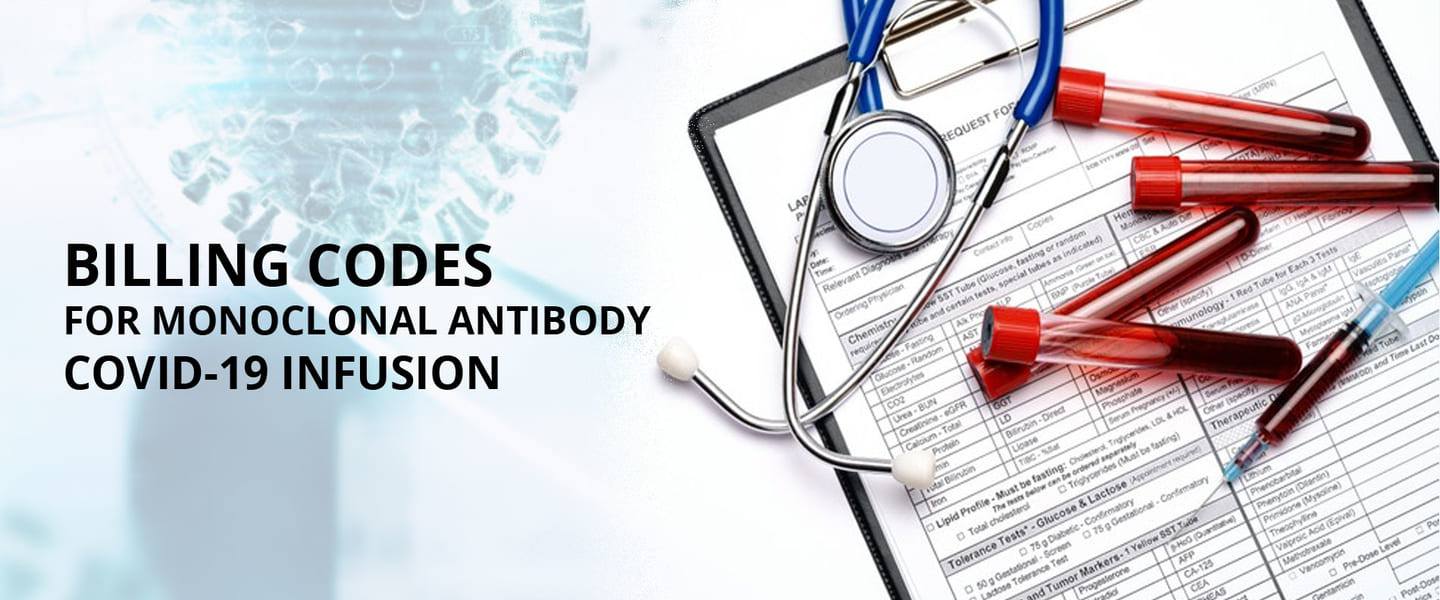Billing Codes for Monoclonal Antibody COVID-19 Infusion
December 16, 2020
The FDA issued an EUA on November 21, 2020, for the investigational monoclonal antibody therapy, casirivimab and imdevimab, administered together to treat the adult and pediatric patients with mild-to-moderate COVID-19 having positive COVID-19 test results high at risk for progressing to severe COVID-19 and/or hospitalization. The administration can only occur in settings where healthcare providers have immediate access to medications to treat a severe infusion reaction and the ability to activate the emergency medical system (EMS), as necessary.
During the COVID-19 public health emergency (PHE), Medicare ensures coverage and payment for these infusions the same way it does for COVID-19 vaccines, thus allowing coverage for a broad range of providers and suppliers, including home health agencies, nursing homes, and freestanding and hospital-based infusion centers, and entities with whom nursing homes contract for this, to administer these treatments. Medicare will refuse payment for the COVID-19 monoclonal antibody products that providers receive for free. If providers begin to purchase COVID-19 monoclonal antibody products, Medicare anticipates setting the payment rate for the products, which will be 95% of the average wholesale price (AWP) for many healthcare providers, consistent with the usual vaccine payment methodologies. Medicare soon anticipates establishing codes and rates for the administration of the products.
CMS recognized specific code(s) for each COVID-19 monoclonal antibody product and specific administration code(s) for Medicare payment:
EUA effective November 10, 2020, for Eli Lilly and Company’s Antibody Bamlanivimab (LY-CoV555)
Healthcare providers can now use the HCPCS code Q0239 for the injection of 700 mg of Eli Lilly and Company’s investigational monoclonal antibody therapy cocktail and code M0239 for intravenous infusion and post-administration monitoring, according to CMS source on Monoclonal Antibody COVID-19 Infusion
EUA effective November 21, 2020, for Regeneron’s Antibody casirivimab and imdevimab (REGN-COV2) (ZIP)
Healthcare providers can now use the HCPCS code Q0243 to inject 2,400 mg of Regeneron’s investigational monoclonal antibody therapy cocktail and code M0243 for intravenous infusion post-administration monitoring, according to CMS source on Monoclonal Antibody COVID-19 Infusion
Get the latest and most up to date list of billing codes, payment allowances, and effective dates.
Payment for Product & Infusion
Medicare will not provide payment for the COVID-19 monoclonal antibody products that healthcare providers receive for free, as will be the case upon the product’s initial availability in response to the COVID-19 PHE. If healthcare providers begin to purchase these monoclonal antibody products, CMS foresees setting the payment rate in the same way it was addressed the rate for COVID-19 vaccines.
In order to ensure immediate access during the COVID-19 PHE, Medicare will cover and pay for these infusions per Section 3713 of the Coronavirus Aid, Relief, and Economic Security Act (CARES Act). CMS proposes to address potential refinements to payment for COVID-19 monoclonal antibody infusions and their administration through future notice and comment rulemaking.
Initially, the Medicare national average payment rate for the administration will be $309.60; this payment rate is strictly based on one hour of infusion and post-administration monitoring in the hospital outpatient setting. In the future, CMS may utilize a similar methodology to determine the payment rate for the infusion of additional monoclonal antibody products based on the expected infusion time in line with the FDA EUA or FDA approval of such products.
CMS is hopeful that this Medicare coverage for the two therapies will help providers overcome the hurdles of acquiring and employing new treatments. Yet, it is a known fact that healthcare facilities and providers are still expected to encounter challenges obtaining an adequate supply of such therapies for infected patients.




